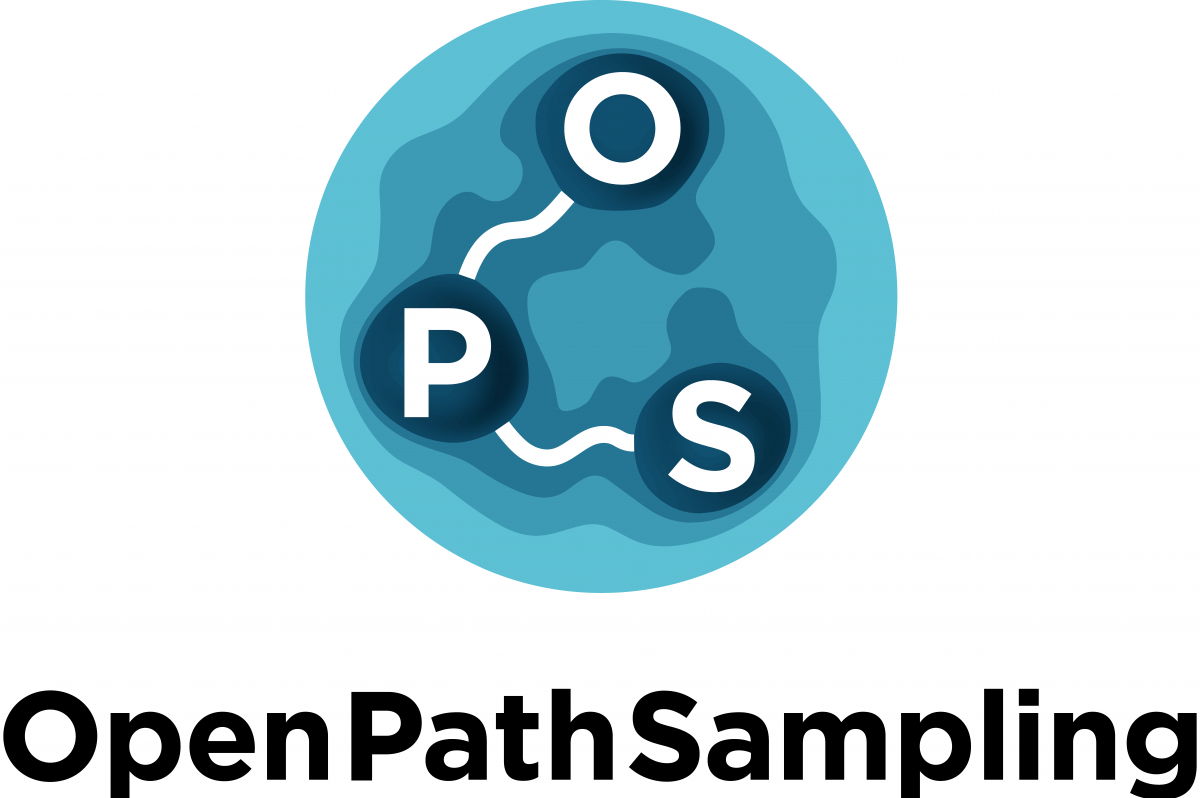
Two papers introducing to OpenPathSampling (OPS) were recently published :
- OpenPathSampling: A Python Framework for Path Sampling Simulations. 1. Basics [1]
- OpenPathSampling: A Python Framework for Path Sampling Simulations. 2. Building and Customizing Path Ensembles and Sample Schemes [2]
OPS is a software package to perform path sampling simulations and other trajectory-based approaches to study rare events [3]. Much of the development of OPS has been sponsored by E-CAM. The methods implemented in OPS can be used to study many kinds of problems, including drug binding and unbinding, self-assembly processes, conformational changes in biomolecules, and chemical reactions.
OPS is designed to be used as a library in standard Python scripts, allowing the user to create simulation suited to study their problem. It can be run interactively with tools such as Jupyter notebooks. The first paper introduces the terminology used in OPS and shows how to use OPS to perform common path sampling simulations.
Path sampling involves sampling many trajectories from a given “path ensemble,” which defines a set of conditions the trajectories must satisfy. As more path sampling methods have been developed, more and more types of path ensembles have been created. OPS introduces a new formalism to describe path ensembles, which unifies all of them under one framework. The second paper describes this formalism, as well as other tools in OPS that could be useful to methods developers.
Both publications are available in open access.
[1] OpenPathSampling: A Python Framework for Path Sampling Simulations. 1. Basics”,DOI: 10.1021/acs.jctc.8b00626 [2] OpenPathSampling: A Python Framework for Path Sampling Simulations. 2. Building and Customizing Path Ensembles and Sample Schemes”, DOI: 10.1021/acs.jctc.8b00627 [3] Rare events, path sampling and the OpenPathSampling package